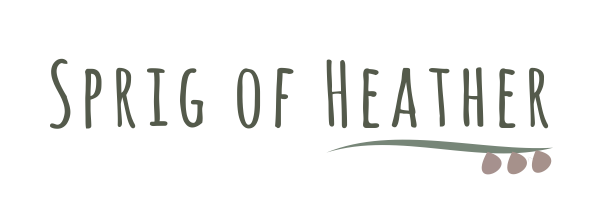Why I'm not a Conlanger
Do you speak Klingon?
Standing in the lunch queue, a colleague caught sight of the flags on my conference badge. “Hmm, Heather Eason” he read, “French and…” he hesitated, “is that Esperanto?!”
Even for a gathering of professional linguists, I was impressed.
“So”, he continued, “are you a Conlanger then? Ha, ha, do you speak Klingon too?”
I tried hard to keep the sudden uncalled-for frostiness out of my voice.
“No, no,” I said brightly, “Not a Conlanger.” And changed the subject.
Conlangs
I first came across the term ‘conlang’ (constructed language) about a decade ago (although OED puts its first usage way back in 1991).
Constructed languages can be a priori (all or most features not based on an existing language) or a posteriori (elements based on or borrowed from existing languages). Within these two categories fall various types of constructed language: those created for artistic purposes (such as Klingon or Dothraki); philosophical or experimental languages (such as Toki Pona or Loglan/Lojban); international auxiliary languages (such as Volapük, Interlingua, Esperanto and its ‘offspring’) to name just a few.
An Accidental Conlanger
My parents simply did what many parents of bilingual children do. They spoke a different language at home from the dominant language around us, and I picked it up along the way. It just so happened that our home language was Esperanto (how and why is a story for another day…)
Clearly in the sense that one of the languages I speak is ‘constructed’, I’m a Conlanger. And there's nothing wrong with speaking a constructed language - to rehash a well-worn phrase, "Many of my best friends are Conlangers". So why don’t I think of myself that way? After a lot of pondering, I think that maybe it’s simply because Esperanto is as integrated into my daily life and work as the other so-called ‘natural’ languages I speak. As a child it was simply the language of my home; as a young adult I used it to travel; these days I use it to chat with friends on Skype, to ask for computer help on Twitter, to exchange all kinds of ideas about all kinds of things with people in all kinds of places. And the irony is that I’m actually not very interested in constructed languages at all!
Tools of the trade!
Language is Language
As a translator, my work life largely consists of transferring meaning from one language to another. During the past few months, I’ve translated documents about tourism, property, business strategy, social partnership, and more, from French to English. I’ve also translated a language company’s website from English to Esperanto, articles for an academic degree from Esperanto to English and worked on the Esperanto portion of a multilingual language app. And although all language combinations have their particular challenges and quirks, generally it’s pretty much the same task. The fascinating puzzle of playing with vocabulary, sentence structure, meaning, intention, to transmit messages to others.
So no, I’m not a Conlanger - but I am a Lang-er. And I’ll be happy to chat to you about it in the lunch queue.

